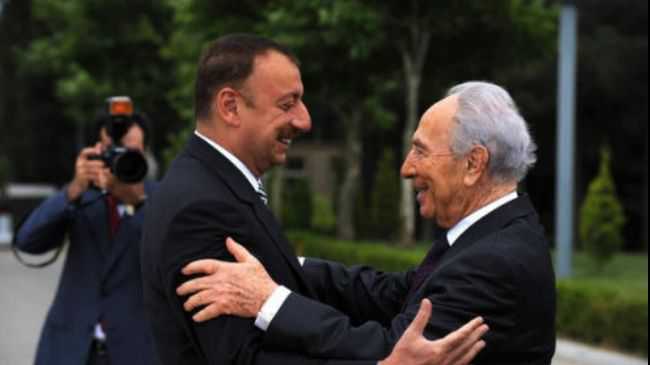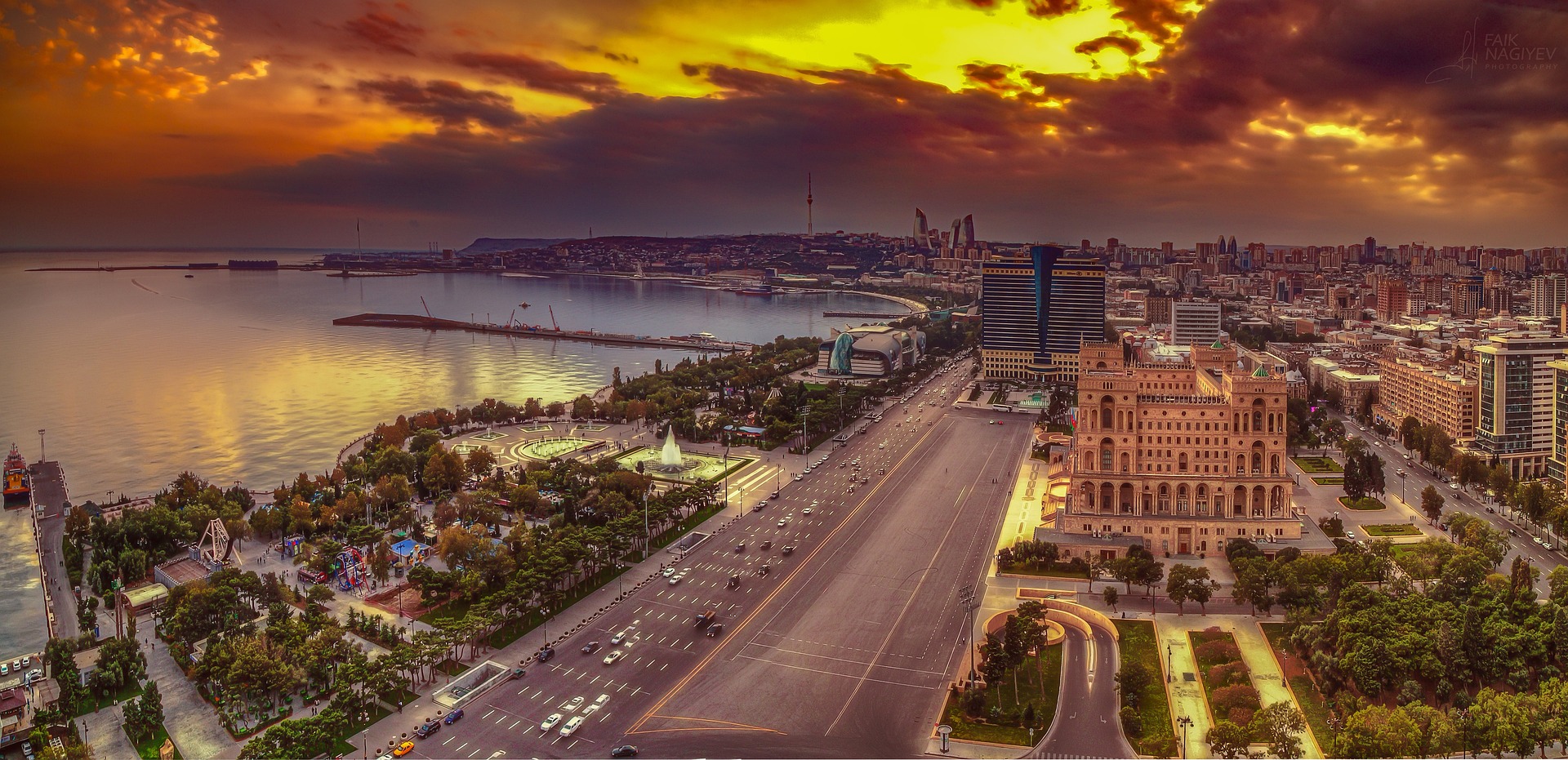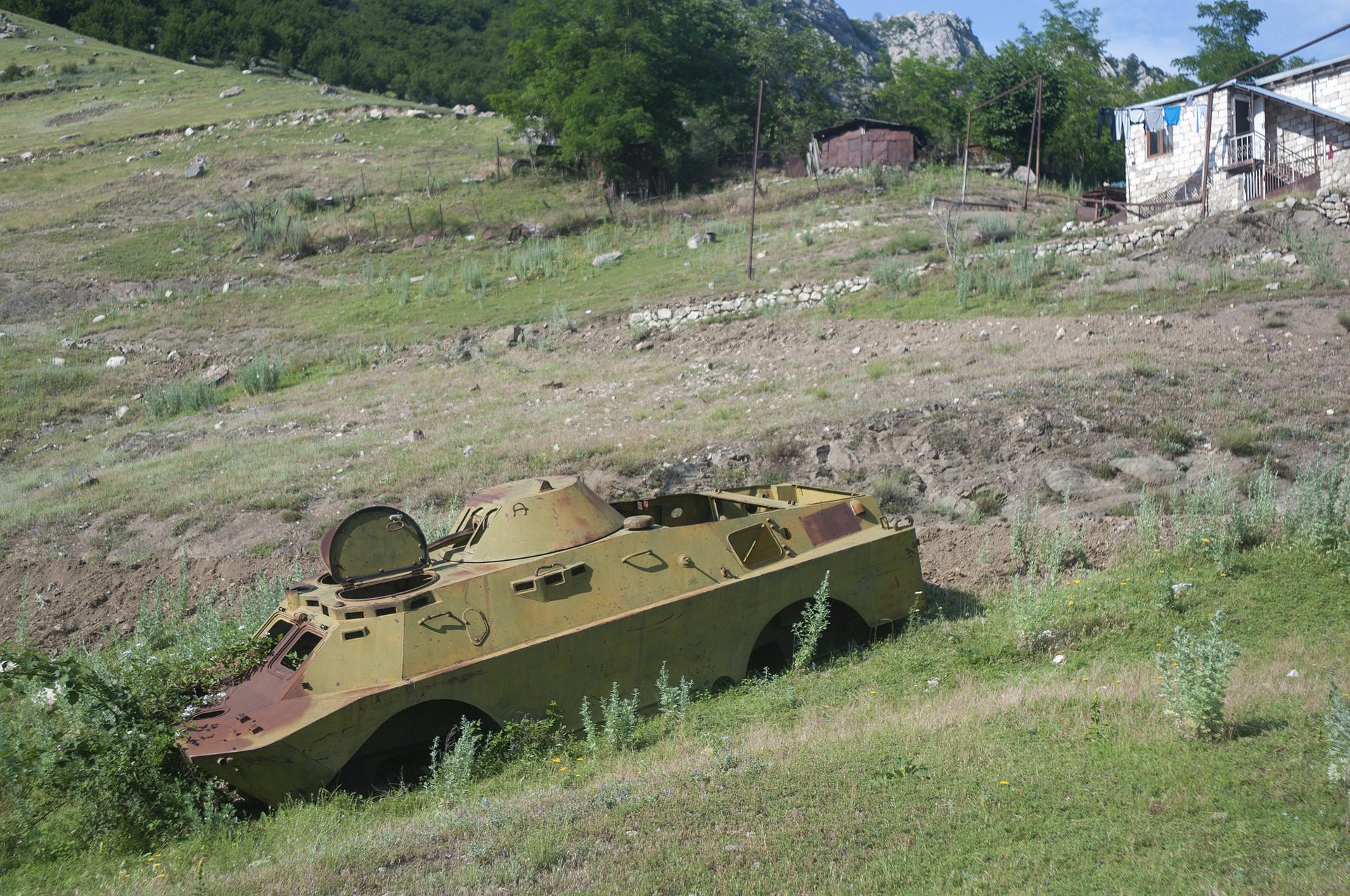Last week, Armenians worldwide experienced one of the biggest tragedies of their lives after Azerbaijan occupied Artsakh.
120,000 Artsakh Armenians — men, women and children — were attacked in their historic homeland by advanced weapons imported by oil-rich Azerbaijan from Israel, Russia, Pakistan and Eastern Europe.
The main evil-doers are Azerbaijan and its partner Turkey which are guilty of committing mass crimes against the people of Artsakh.
However, there is plenty of blame to go around. I want to start with the shameful role that Armenia’s Prime Minister has played in this disaster. Starting from 2001, while Pashinyan was an unknown journalist, he wrote in his Haykakan Jamanak newspaper that “through diplomacy, it is not possible not to return these [Artsakh] territories to Azerbaijan…. Having abandoned our own lands, we are trying to be the owners of someone else’s land.” After becoming Prime Minister, Pashinyan made numerous contradictory statements regarding Artsakh, first stating emphatically that “Artsakh is Armenia, that’s it,” and then, “Artsakh is part of Azerbaijan.” While the words of a journalist may not matter, his statements as Prime Minister cannot be dismissed. Game over! Artsakh is lost and nothing is expected to change that reality for a long time. As always, Pashinyan blames everyone else for his misdeeds, including the former leaders, the domestic opposition, and Russia.
To make matters worse, Pashinyan washed his hands from Artsakh and urged its leaders to sort out their differences with Azerbaijan. Pashinyan basically threw 120,000 poorly-armed Artsakh Armenians to the big bad Azeri wolf. How can tiny Artsakh negotiate with powerful Azerbaijan? Pashinyan ignored the fact that since Artsakh Armenians are citizens of Armenia, it was his constitutional duty to protect them. For months, he made the laughable promise that the rights and security of Artsakh Armenians will be protected after they become citizens of Azerbaijan. Ridiculously, Pashinyan announced last week, a couple of hours before the UN Security Council meeting, that the lives of Armenian civilians in Artsakh were secure after Azerbaijan’s attack. Shortly thereafter Armenia’s Foreign Minister Ararat Mirzoyan told the Security Council that Azerbaijan is engaged in ethnic cleansing of Artsakh Armenians. Azerbaijan’s Foreign Minister immediately pointed out to the UN the contradictory statements by the two Armenian leaders, thus undermining Armenia’s credibility in front of the whole world. In the meantime, hundreds of Artsakh Armenians were killed and wounded, and thousands are missing as a result of Azerbaijan’s attack.
Last week, when Azerbaijan’s strong military invaded what remained of Artsakh, Pashinyan announced that Armenia will not get involved in the conflict, thus giving the green light to Azerbaijan to commit all sorts of horrible crimes on the people of Artsakh. Pashinyan has held the mistaken notion that once Artsakh is returned to Azerbaijan, citizens of Armenia will live in peace. Regrettably, this is the farthest thing from the truth. Azerbaijan’s President, seeing in front of him a militarily weak Armenia and a leader who has no idea what he is doing, will not stop after his conquest of Artsakh. Aliyev will keep on demanding concessions from the weakling Pashinyan and occupy more and more territories of the Republic of Armenia. Aliyev has repeatedly and falsely claimed that all of Armenia is “Western Azerbaijan.” Since the 2020 war, Azerbaijan’s troops occupied portions of Armenia’s territory and have no intention of leaving. My fear is that Aliyev will continue making incursions into Armenia, until he takes over the whole country. Therefore, Pashinyan’s premise that Armenians in Armenia will leave in peace after abandoning Artsakh is absurd.
Azerbaijan’s President Ilham Aliyev quickly capitalized on Pashinyan’s capitulation and repeatedly told the world that since Armenia’s Prime Minister admitted that Artsakh is part of Azerbaijan, that region is his country’s internal issue and no one has the right to intervene. Shortly thereafter, Russia’s leaders, including President Vladimir Putin and Foreign Minister Sergey Lavrov, repeatedly stated that Pashinyan is the one who relinquished Artsakh.
Nevertheless, Russia has its own share of guilt for what has been taking place in the last three years, and what happened in Artsakh last week. The Russian peacekeepers, who were mandated by the 2020 agreement to safeguard the population of Artsakh and keep the Lachin Corridor open until 2025, failed miserably to carry out their responsibilities. Russia did not even try to protect the borders of the Republic of Armenia, as required by the CSTO agreement signed between Armenia, Russia and several other former Soviet Republics. Russia’s inaction and Pashinyan’s relinquishment of Artsakh resulted in the massive human tragedy suffered by 120,000 Artsakh Armenians.
The international community is also guilty of ignoring the suffering of Artsakh Armenians who lost their historic homeland after being starved for nine months due to the blockade of the Lachin Corridor by Azerbaijan. Other than saying a lot of useless words, no one in the world lifted a finger to rescue these people and defend their rights. All international laws, human rights, and notions of justice were a lot of hot air. Equally useless were the UN Security Council, the International Court of Justice, European Court of Human Rights, European Union, European Council, and statements by officials of many countries, including the United States. As we all know, might makes right. Nothing else matters.
The top priority of Armenians worldwide now is seeking the immediate ouster of Pashinyan, since he is refusing to resign and digging a deeper hole for Armenia with every passing day. Unless Pashinyan is replaced soon by a competent and nationalistic Armenian who protects Armenia’s interests, Armenians may end up losing their homeland, this time for good!
After Pashinyan is replaced, Armenia’s new leader has to put all other issues aside and immediately acquire a massive amount of advanced weapons to defend the country’s borders from further incursions.
After vainly hoping and waiting for thousands of years for a foreign power to come and save Armenia, it is high time that Armenians finally realize that no one will ever come to rescue them. They need to save themselves!





